Cellular Transplant Therapy Pioneered by UCSF Reverses Sea Lion’s Epilepsy
Cronutt was one sick sea lion before undergoing a groundbreaking surgery last fall. Today he's seizure-free and doing well.
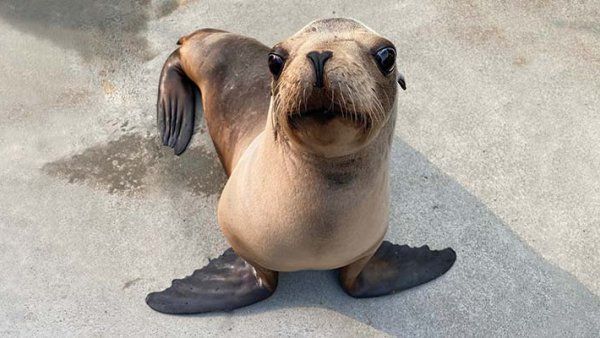
University of California San Francisco
Give to UCSFCronutt was one sick sea lion before undergoing a groundbreaking surgery last fall. Today he's seizure-free and doing well.

An elderly man had symptoms no one could explain – until Amy Berger, MD, PhD, and her team investigated.
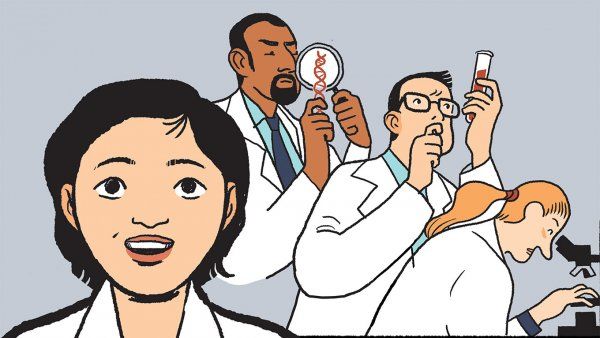
Can dieting help you live longer? Do microbes control your immune system? Can studying snakes help stop the next pandemic? UCSF microbiologist Peter Turnbaugh, PhD, interviews famous scientists and rising stars about research quests that span the spectrum of health.
Hidden autoimmunity may explain how the coronavirus wreaks such widespread and unpredictable harm.
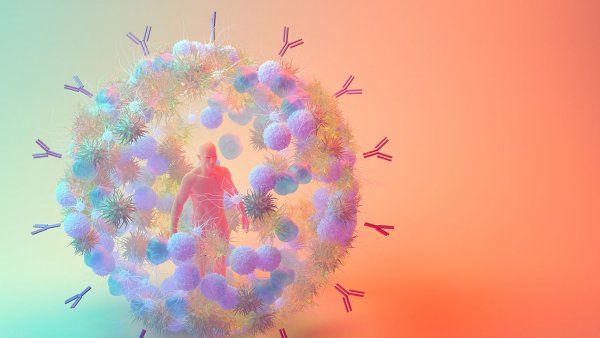
Insomnia is miserable, and lost sleep can harm our health. Now, researchers are seeing the promise of solutions in our genes.
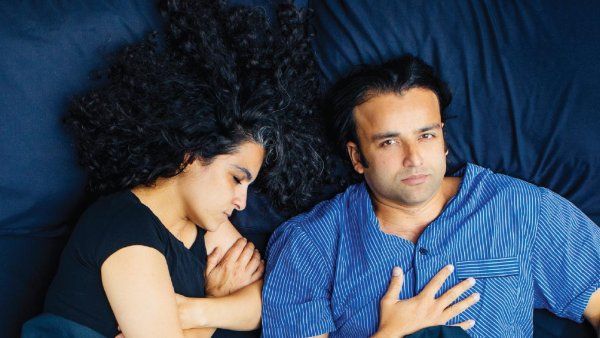
Leading scientists share some of the tools and strategies that could help us better confront and contain future outbreaks.
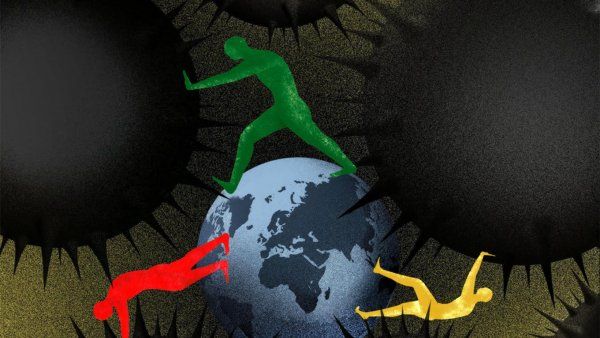
UCSF School of Nursing alum Quinn Grundy, PhD ’15, RN, shines a light on how sales reps from pharmaceutical and other health care companies skirt scrutiny, and get their products used in hospitals and doctors’ offices, by forging relationships with nurses.
UCSF researchers wanted to see if simple tweaks, like avoiding nighttime interruptions to promote sleep, nixing certain prescription drugs, and promoting exercise and social engagement, could decrease delirium in hospitalized older adults.
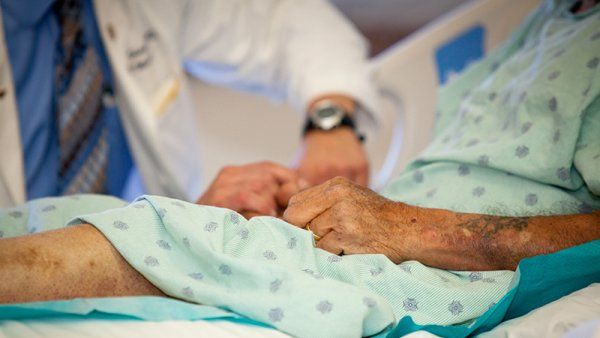
Scientists now have shown that the weakening of an astronaut’s immune system during space travel is likely due in part to abnormal activation of immune cells called T regulator cells.
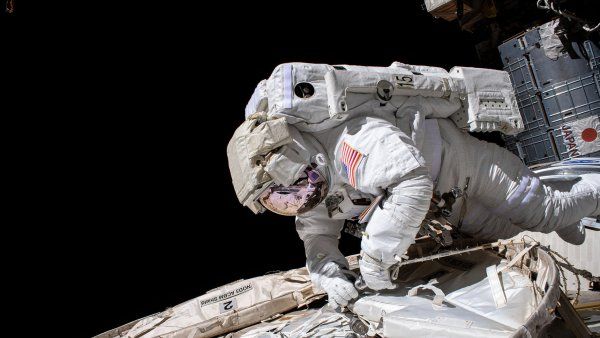
Researchers from the UCSF School of Nursing have joined a newly launched national collaborative to study the impacts of COVID-19 on members of the lesbian, gay, bisexual, transgender and queer communities.
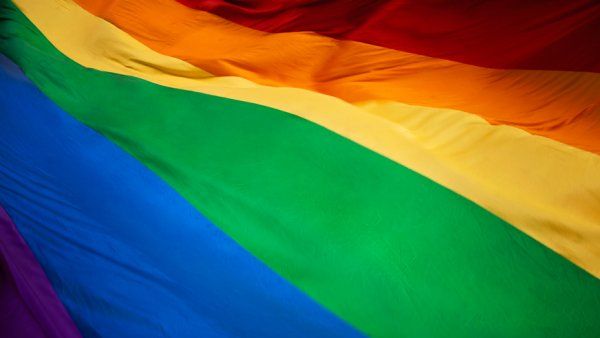
A multifaceted collaboration between researchers at UCSF, Gladstone Institutes, and other organizations across California provides a comprehensive portrait of the variant—including its interaction with the immune system and its potential to spread.
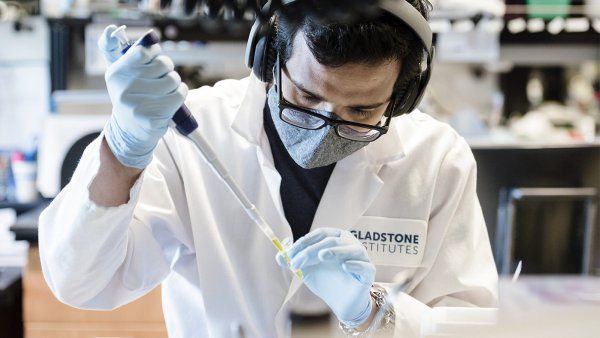
UCSF researchers have found a way to double doctors’ accuracy in detecting the vast majority of complex fetal heart defects in utero.
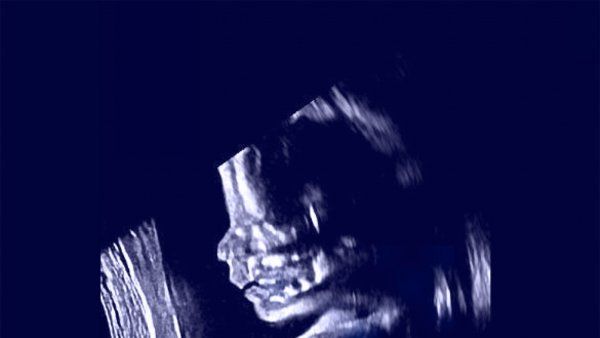
Sophie Dumont, winner of the 2021 Byers Award for Basic Science, focuses on finding out how, as well whether therapeutic targets exist to ensure equal – and healthy – division of chromosomes.
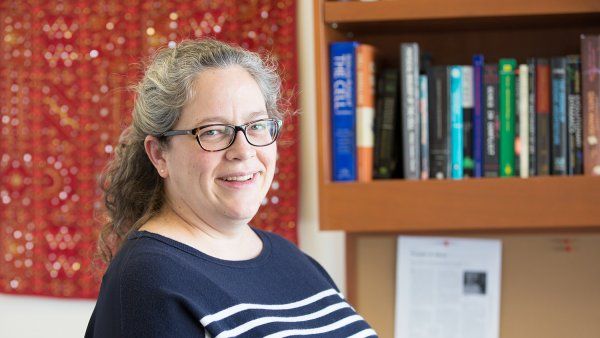
UCSF researchers have created a CRISPR technique to study how turning on or off single genes affects the function of different cell types and how these changes play a role in disease.

What kills most people who die from cancer is not the initial tumor. It’s the intolerable disease burden on the body that arises when tumor cells continually expand their numbers after spreading to different organs.
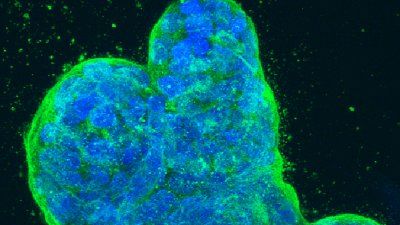
Researchers at UCSF have observed a new feature of neural activity in the hippocampus – the brain’s memory hub – that may explain how this vital brain region combines a diverse range of inputs into a multi-layered memories that can later be recalled.
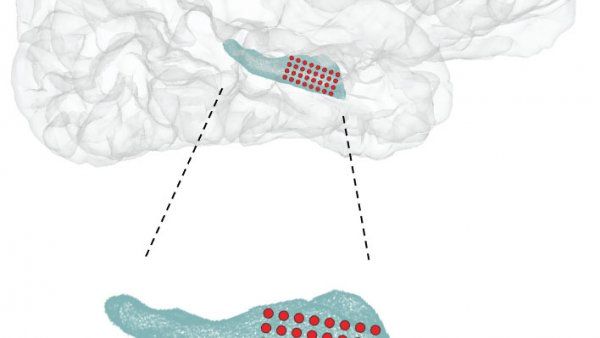
New research by UCSF scientists shows retinal scans can detect key changes in blood vessels that may provide an early sign of Alzheimer’s disease.
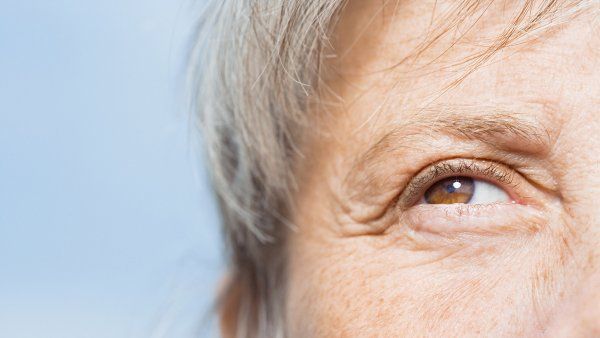
UCSF researchers have figured out precisely what receptor tyrosine kinases are, how they form and their role in cancer.
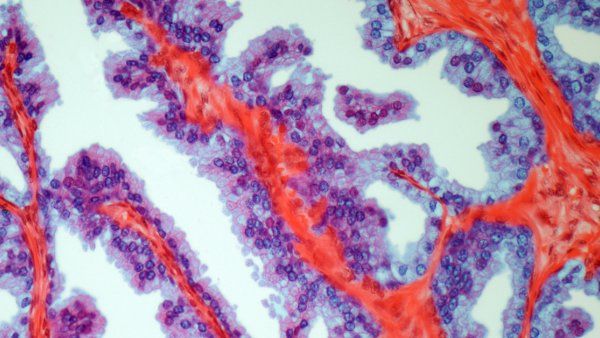
Scientists at UCSF are learning how immune cells naturally clear the body of defunct – or senescent – cells that contribute to aging and many chronic diseases

For patients who can utilize the technology, particularly for follow-up care after a diagnosis has already been made, the benefits of telehealth are overwhelming.
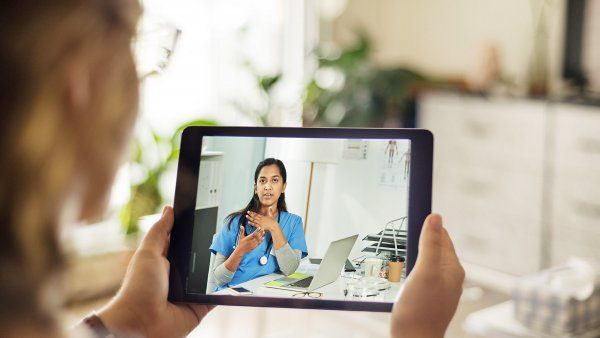
Loneliness and social isolation have been significant problems for the general population during the COVID-19 pandemic, but for cancer patients these issues were particularly acute, likely due to isolation and social distancing, according to a new UCSF study.
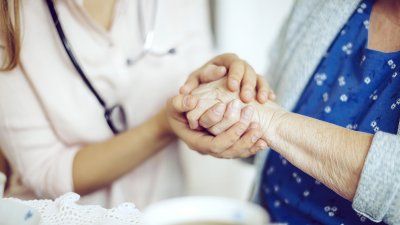
Pioneering neural recordings in patients with Parkinson’s disease by UCSF scientists are providing the groundwork for personalized brain stimulation to treat Parkinson’s and other neurological disorders.
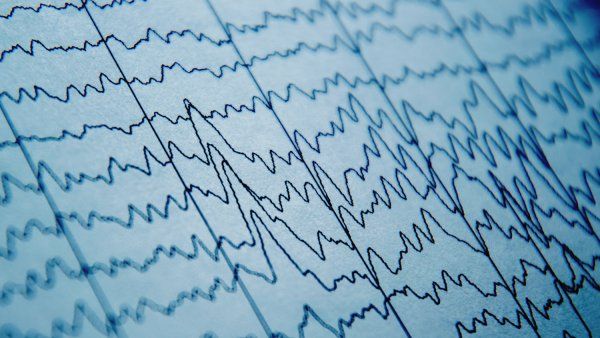
A team at UCSF, in collaboration with colleagues at Stanford University, has unearthed the regulatory DNA sequences of our archaic human ancestors in a discovery that sheds light on how we diverged from them 500,000 years ago.
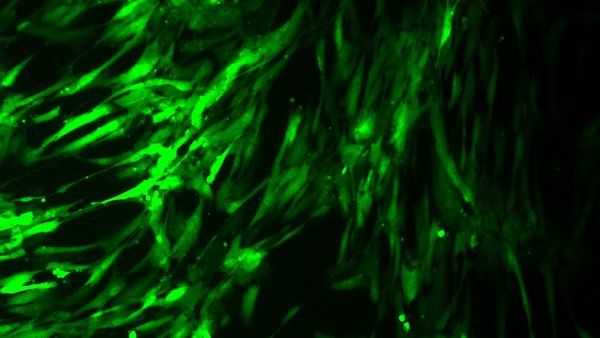
Games and supplements claim to strengthen memory and cognition. Should you buy them?
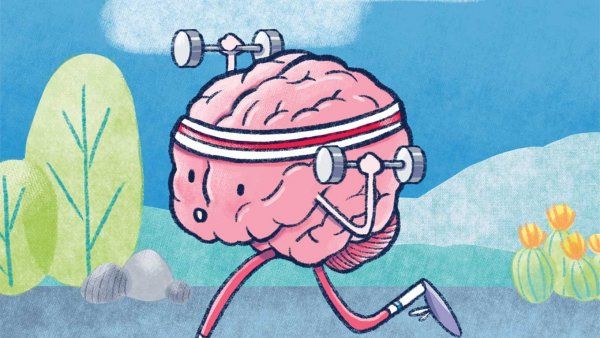
Researchers at UCSF have demonstrated how to engineer smart immune cells that are effective against solid tumors, opening the door to treating a variety of cancers that have long been untouchable with immunotherapies.


A new study suggests that the dangers posed by wildfire smoke may also extend to the largest organ in the human body, and our first line of defense against outside threat: the skin.
